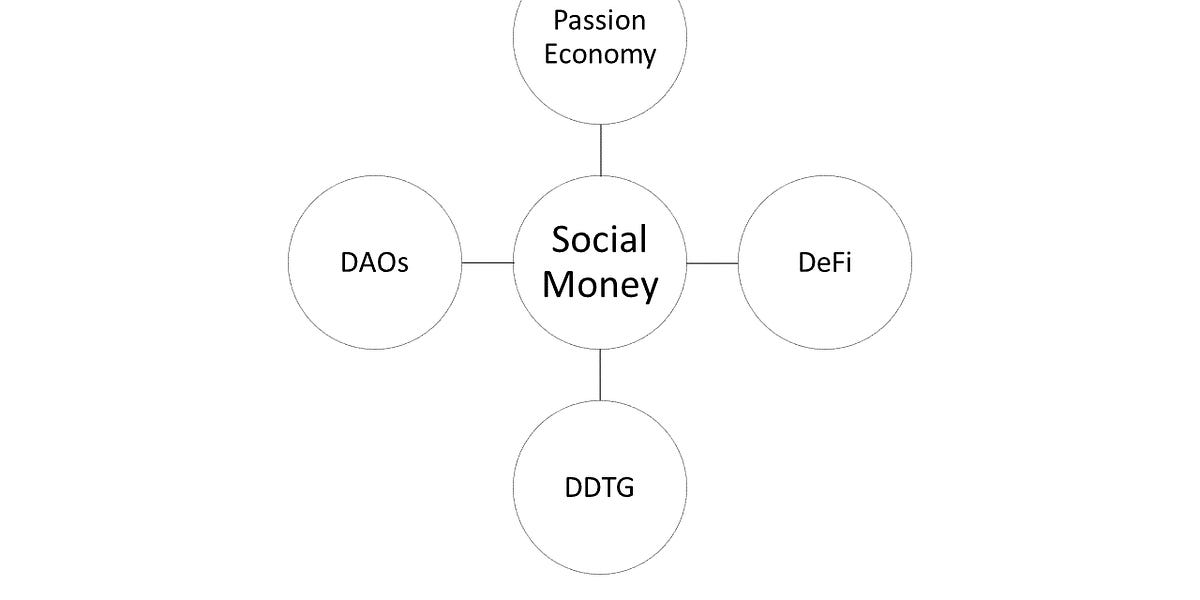sari
@sari
making Sublime — for you and for me.
sari
@sari
making Sublime — for you and for me.


In Freud’s story our possibilities for satisfaction depend upon our capacity for frustration; if we can’t let ourselves feel our frustration – and, surprisingly, this is a surprisingly difficult thing to do – we can’t get a sense of what it is we might be wanting, and missing, of what might really give us pleasure
Men, it has been well said, think in herds; it will be seen that they go mad in herds, while they only recover their senses slowly, one by one.


